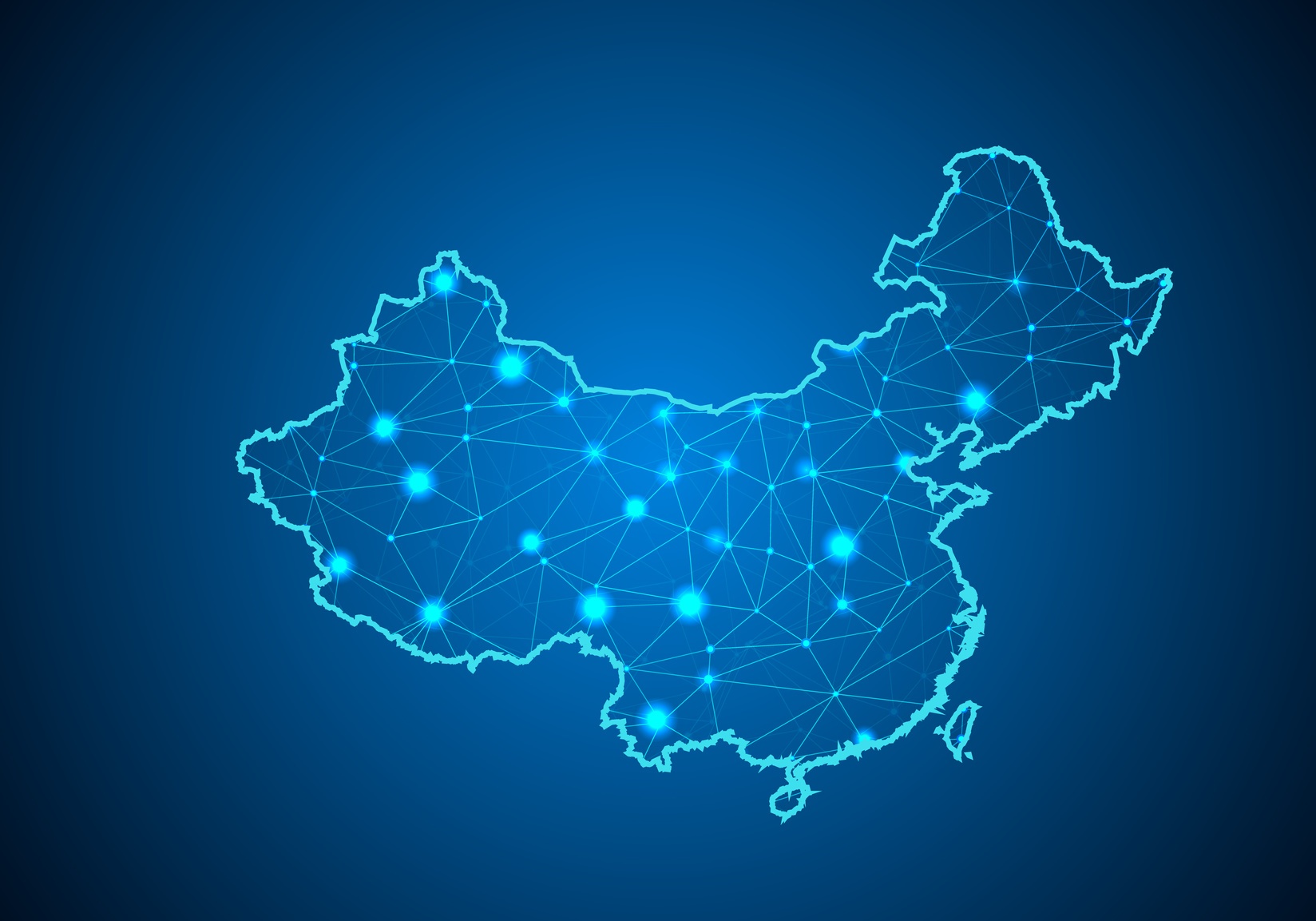In the United States, the gears of business are greased through traditions like the power lunch or perhaps even chats on the golf course. In other countries, you have strictly business interactions, no frills or extras. In China, you have guanxi.
Guanxi was the ultimate social network before there was social networking. Guanxi (pronounced “gwan-shee”) literally means “relationships.” In China, building a personal rapport with the object of your deal desire is as important as your terms and conditions, or your technology and service.
Building guanxi in China is crucial for Western companies to successfully do business, but it’s not necessarily easy. Guanxi takes time and strategy to develop. While U.S. businesses think in terms of months and quarters, Chinese businesses tend to think in terms of years and decades.
When planning your IT or retail deployment in China, working with a company that already has “boots on the ground” will put you well ahead of the game. Chances are, technicians that are familiar with the local laws, landscape, and culture will already have their own guanxi to tap into.
Guanxi Requires Balance
Guanxi has its historical roots in Chinese systems that lacked the same civil institutions and laws of western democracies. From China Mike:
“The common man had little personal freedom and lots of rules and laws to follow. Unlike Western cultures, ordinary people in China had no inalienable rights to protect them from people in power. For thousands of years, bureaucracy was universal and honed to perfection. In short, no one expected to get their way because it was ‘right’ or ‘fair.’”
Some people view guanxi unfavorably, as the ultimate “good old boys’ network,” while others view it as a viable way to nurture business and social contacts.
There’s a tricky balance to guanxi. While the head of the Chinese company you wish to do business with wants to break bread with you in an informal social setting, he or she doesn’t necessarily want to hear about your colonoscopy last week or the argument you had with your spouse. Guanxi is more about “social debt.”
An American government official who spent a year teaching in China describes this scenario:
“The Chinese principal of the school knew I liked acting, so he was really interested in having me perform in their school talent show and then afterward doing more acting-type things. I really enjoyed the experience. So when it came time for the principal to need an English expert to do a translation of the city’s application for an American grant program, he came right to me, and I did it. I’ve still got the gold-plated chopsticks I got in return for doing that.”
That example gives you a taste of how guanxi works: It’s a system of favors and social debts.
Partner Locally for Success in China
Business Insider describes the importance of partnering locally whenever possible:
“A native Chinese person will be familiar and comfortable with the cultural niceties of developing guanxi in China. Your local Chinese staff or representative should meet regularly, in both formal and informal settings, with potential and current customers and relevant government agencies to develop strong relationships on behalf of your company. If government relations are important to your business, your company may also want to consider hiring someone experienced working with the Chinese government on a full or part-time basis to leverage their contacts and experience with the government on your company's behalf.”
Partnering locally will cement the relationship, and that will allow you to succeed in China. There’s an irony that to be global, you must be local. Think of fast-food chains that tailor their menu to the local populace. They are going local to become global. The same goes for your IT deployment.
The Business Insider article also calls the concept of guanxi the “most understood concept” of doing business in China. Again, balance is the key to guanxi. Your guanxi building should involve face-to-face communication in-person. Skip Skype. And it needs to be interaction infused with sincerity and genuine gestures of appreciation and strategic favors.
If you invest in your personal relationship building in China with the same zest that American companies do in investing equipment or research, then you’ll be well on your way to building guanxi.






